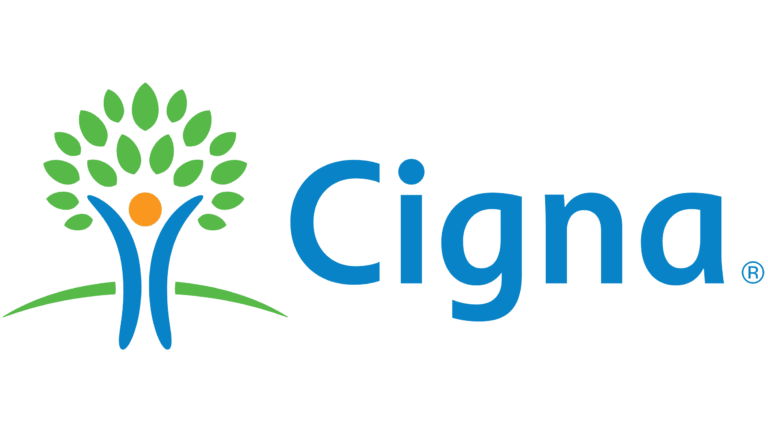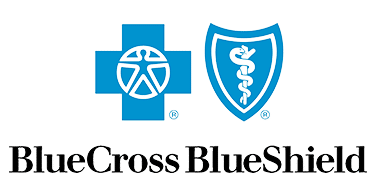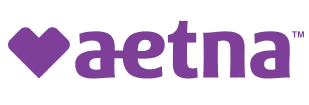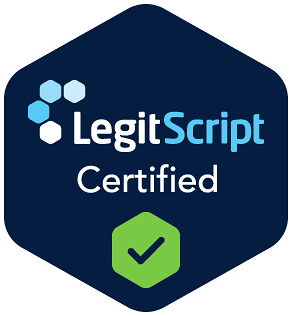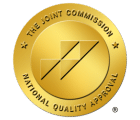Getting High on Household Products:
Attack Addiction Head-On
When you think of getting high, the first thought that comes to your mind probably isn’t one of someone abusing household products. Instead, you may think of marijuana or other recreational drugs as the only way to get high.
Or, you may draw up a picture of stolen and abused prescription pills in your mind. But, being aware of everyday household products that provide a similar high for addicts can often be the first step that leads to noticing (and eventually intervening with) their addiction to getting high on household products.
While household products are not the most commonly abused substance to get a high from, they are the most easily accessed products. This makes getting high easier for those who do not have excess money or connections.
Which Household Products Can Get You High?
One of the most important aspects of preventing addiction to getting high off of household products is recognizing which household products can be used in this manner.
Noticing when someone disappears with a full product and returns with the bottle empty or has multiple canisters of the same cleaning agent can help you realize that they have an addiction to getting high on household products.
The most commonly abused household products that addicts get high on are cough syrup, items containing compressed air (such as cans of whipped cream or pressurized air dusters), spices like nutmeg, and office supplies that give off strong scents (such as permanent markers and glue).
Other household products contain hidden alcohol content. They won’t get you high, but they may be abused in tandem with household products that do. These include mouthwash, vanilla extract, disinfectant, nail polish remover, and windshield wiper fluid.
While these products are often safe when utilized properly–in correct doses and while following the instructions–the result of improper use, or abuse, of them can be addictive and even life-threatening.
Symptoms of Getting High on Household Products
Even though getting high on household products isn’t always a fatal practice, the mental and physical symptoms of abusing household products in order to get high are serious. There is no symptom too small to be a reason to stop getting high on household products; every reason to stop is a good reason.
Physical side effects of getting high on household products can include nausea, vomiting, heart attacks, seizures, and even permanent brain damage. On the other side of the coin, those who get high on household products may experience negative mental and emotional symptoms such as paranoia, hallucinations, violent behavior, memory loss, and mental health issues such as psychosis and depression.
As you can see, getting high on household products is an addiction that comes with imminent danger. However, it is crucial to recognize that using household products to get high is not a “child’s game.”
Despite getting high on household products being most common among teenagers and young adults, these side effects are nothing to toy with. These experiences caused by your loved one’s abuse of household products can range from dizziness to death, and none of them are safe or pleasant in the slightest.
Why Do People Get High on Household Products?
So, if the risks are so intense, why would anyone choose to get high on household products?
If your loved one is getting high on household products, there is an increased likelihood that they are struggling in other areas of their life. Getting high is often used as a coping mechanism, an escape from real life. What other conflict is your loved one currently facing?
Consider the possibility that your loved one may be using household products to get high because they are grappling with mental illness, conflict at school or work, or even familial problems.
Addiction to getting high on household products thrives on secrecy. Whether you know about your loved one’s addiction or not, they most likely attempt to hide their household product abuse from you. Remind your loved one that you are there when they are ready to talk to you without escalating the situation. Doing so will open the door for a conversation, which is often the first step to take.
Signs that Someone is Getting High on Household Products
Expressing your love for and desire to help your addicted loved one is a wonderful step for you to take. However, you also need to be aware of the signs that someone is getting high on household products so that you can have an accurate sense of the overall situation.
The mental and physical symptoms of getting high on household products that were previously discussed in this article can be helpful indicators that your loved one has an addiction to getting high on household products. In addition to this, there are a handful of other serious signs that you need to keep in mind.
The main sign that someone is getting high on household products is that they appear to be intoxicated. If your loved one does not have access to recreational and prescription drugs or alcohol, it is most likely that they are getting intoxicated from abusing household products. In addition to this, changes in your loved one’s sleep pattern and potential weight loss are physical symptoms that may be more obvious to the eye.
Where do you keep your cleaning supplies? Have you noticed that your supply is mysteriously and consistently decreasing? If this cannot be attributed to your regular, appropriate use of the product, then someone else who has access to these household supplies may be abusing them.
Keep an eye out for stains on your loved one’s mouth, fingertips, or hands, and clothing with chemical odors or stains. These, too, can signify that your loved one is getting high on household products.
How Can I Help My Loved One who is Getting High on Household Products?
It is not a secret that the topic of addiction is an extremely sensitive subject. Many of those who are getting high on household products feel shame, anger, and sadness surrounding their addiction. Make sure that you communicate that you are not angry with your loved one or ashamed of them. Instead, you simply need to help them help themself.
There are three steps to take in order to help your loved one who is getting high on household products. The first of these is to talk to them.
In a comfortable moment when your loved one appears to feel safe and calm, tell them about the symptoms and behaviors of addiction that you have noticed that they are displaying.
Do not be accusatory in tone; ensure that your loved one knows that you are not judging them. Instead, explain that you think that your loved one is struggling and that they deserve help. You will do everything within your power to get them this help.
You will most likely be met with some backlash. Be mentally and emotionally prepared for this. As difficult as it is for you to see your loved one struggle, it is five times more difficult for them to suffer this addiction.
While it is most likely that your loved one is grateful for your assistance in this matter, it is also challenging for your loved one to confront their own addiction. Be patient with them; they are trying their best.
The next step is to contact Palm Beach Recovery Centers and verify your insurance here www.palmbeachrecoverycenters.com/insurance-verification/. With Palm Beach Recovery Centers, your loved ones will be in the best possible place to begin their recovery process. Next, find a rehab here www.palmbeachrecoverycenters.com/find-rehab/ and contact us today. With addiction recovery, every moment matters. Don’t delay; our clinical staff will be happy to help you find the right match for your loved one’s treatment.
After fulfilling these two steps, you have finally reached the final step. Take a deep breath. This step is the longest and possibly most difficult one: be there. Simply be there for your loved one. Be supportive and create a healthier environment for them to come home from rehab to.
Remember, while this road is not an easy one by any means, it is critical to your loved one’s ability to thrive in life. At Palm Beach Recovery Centers, we always have hope for your loved one’s rehabilitation. And, where there is hope, there is success. So, contact us today and watch your loved one’s life transform. Feel free to reach out to us for support of if you have any questions at (561) 567-8252.


